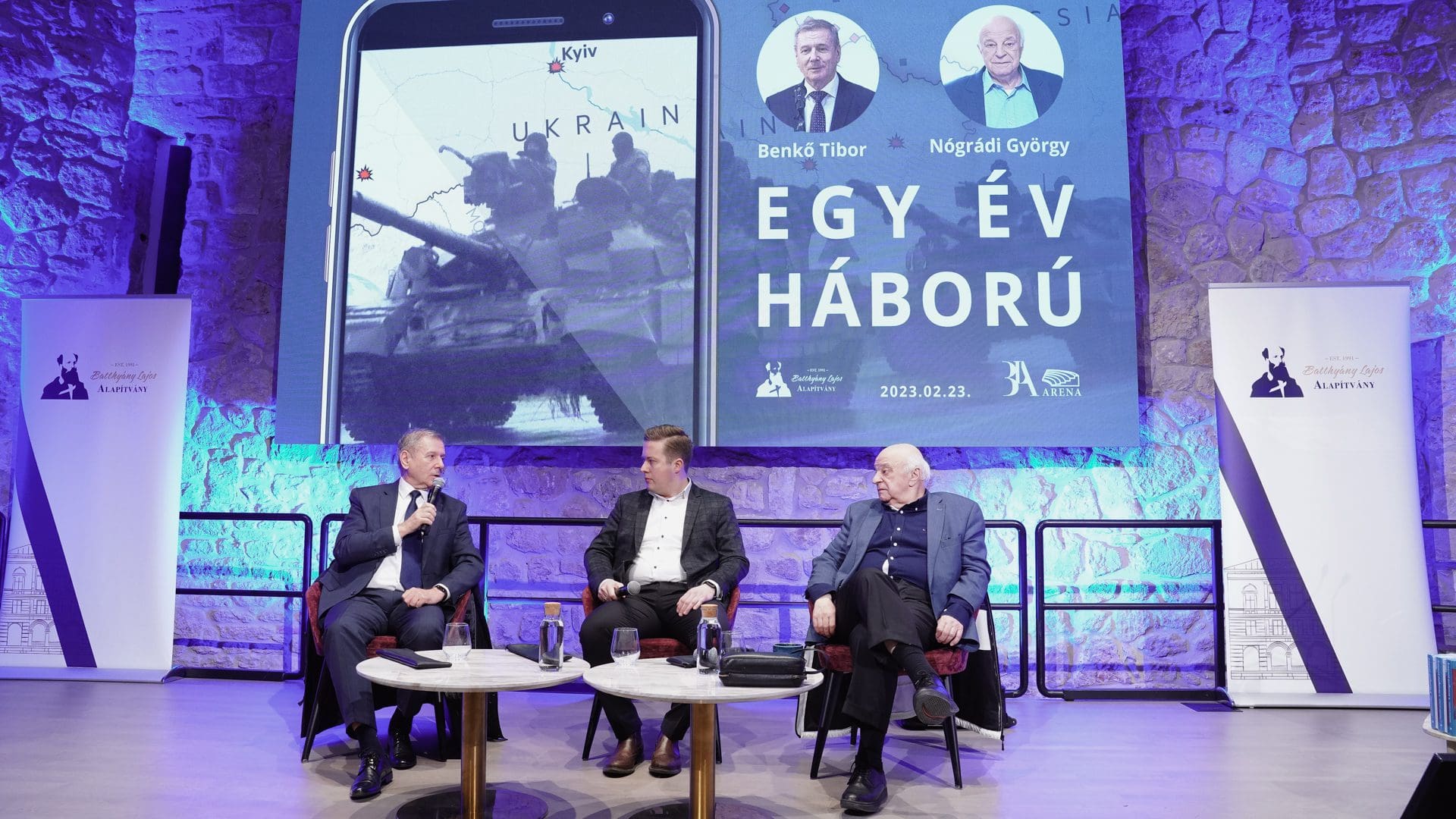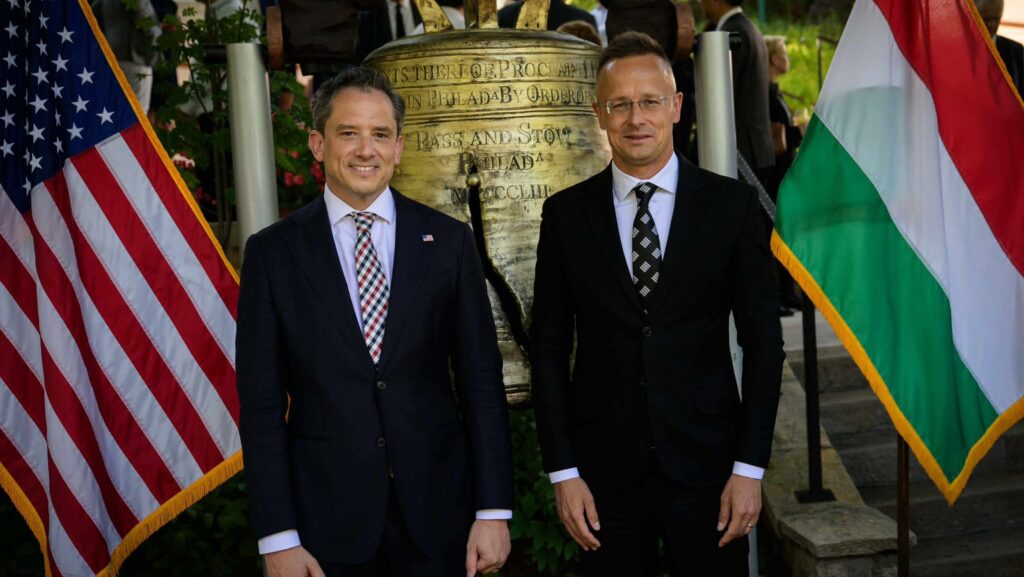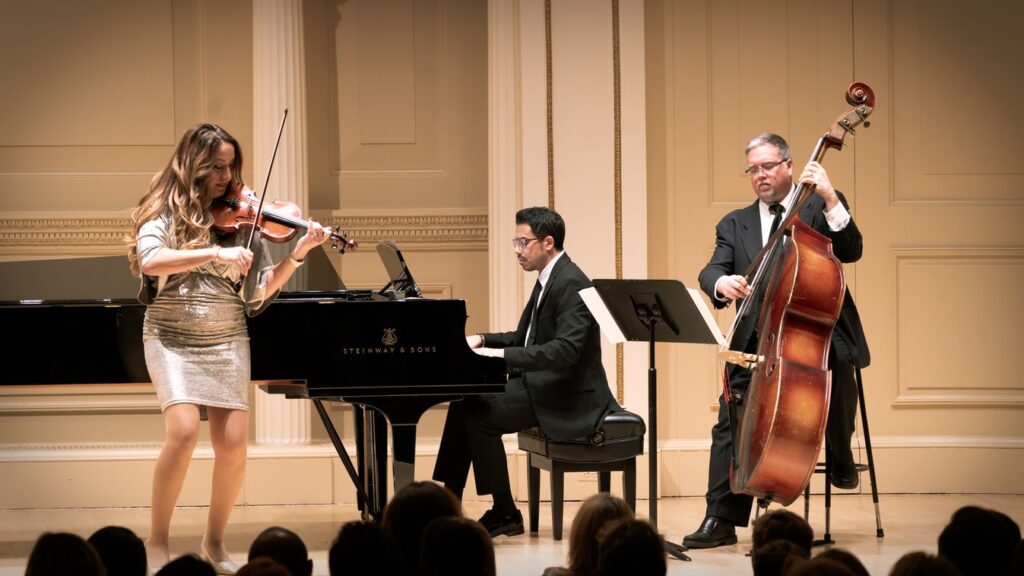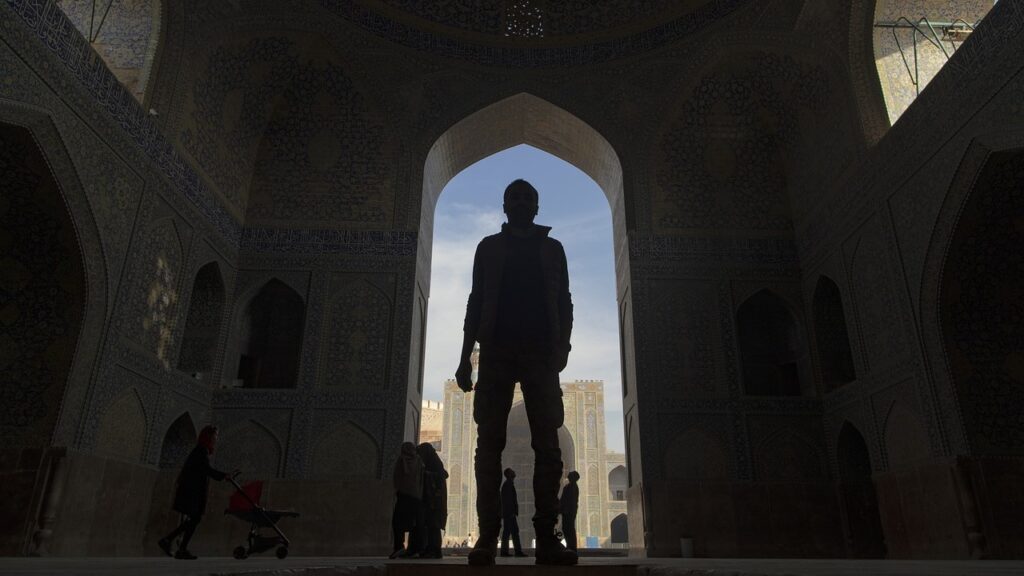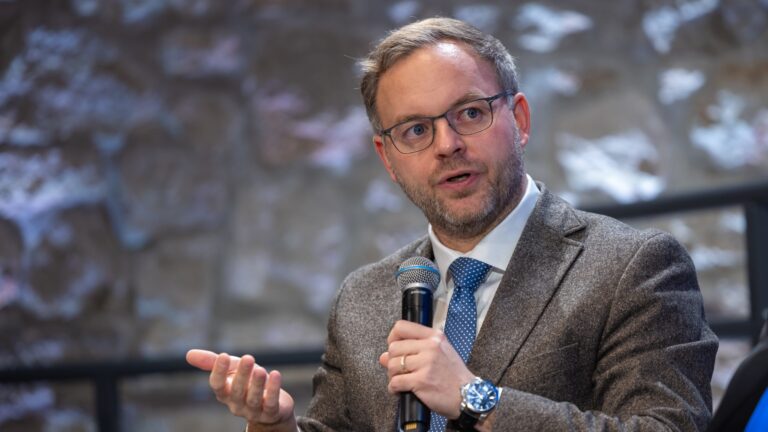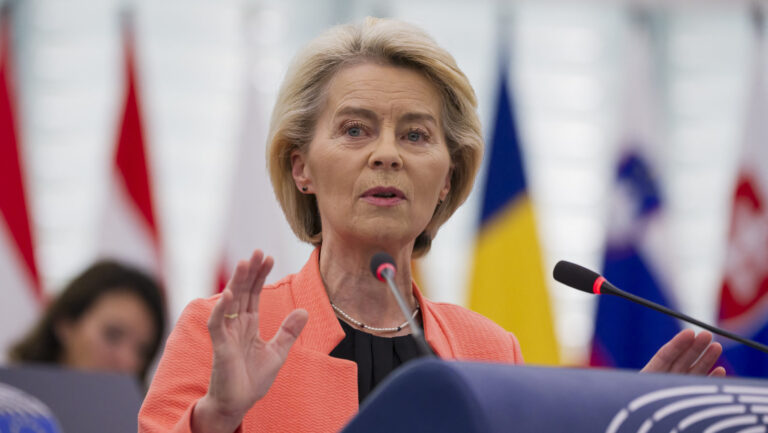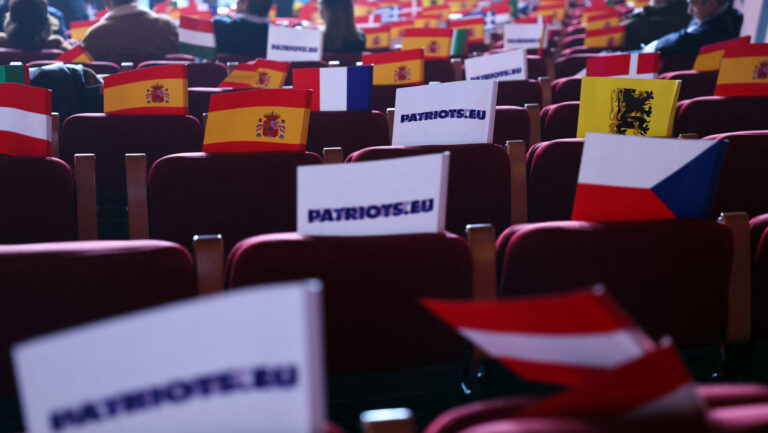Marking the first-year anniversary of the invasion of Ukraine, the Batthyány Lajos Foundation organised a panel discussion titled ´One Year in War´. The panellists of the event were Tibor Benkő, Hungarian Minister of Defence at the start of the war, who had previously also served as chief of the Hungarian defence staff, and acclaimed security policy expert György Nógrádi.
No One Expected a War
The moderator, Mandiner reporter and editor István Pócza started off by asking if the speakers remembered where they were when the news about the invasion broke and whether they had anticipated the war. Interestingly, neither of the speakers remembered where they were, and they both admitted they had not expected a full-scale invasion. In fact, the experts remarked that the timing of the invasion was a bit of a puzzle. Tibor Benkő said that as Russia did not seem to have sufficient capacity to carry out an offensive war, the invasion was unanticipated by most. Benkő also highlighted that during his talks his Ukrainian counterparts just two months before the war, not even Kyiv truly anticipated the aggression. Nevertheless, while the invasion was unforeseen, NATO was not caught off guard, as the alliance had spent the last couple of years before the war increasing its military preparedness, getting ready for a worst-case scenario, the former defence minister reminded.
Russia Was Unprepared
György Nógrádi argued that the strategic unpreparedness of Russia can be partially explained by the Kremlin’s expectation of claiming a quick victory, similar to the one in 2014, when the military events were soon ended by a negotiated peace. But a peace deal did not materialise, which the expert blamed on the US and its allies, who in his opinion want to keep the conflict alive and supply Ukraine with military technology and weapons.
Nógrádi insisted that Ukraine survives only because of the United States’ support
and highlighted the tragic human losses suffered on both sides due to the prolongation of the war. While the exact number of casualties is not known, Nógrádi reminded that it is not only the actual casualties, but the injured and those traumatised by the war should also be considered as the cost of the war. Furthermore, the fact that ethnic minorities are also disproportionately mobilised on both sides highlights the tragic and senseless nature of the war, Nógrádi argued.
To illustrate Russia’s underpreparedness, Tibor Benkő recalled the chaos the Russian army seemed to be in during the early days of the war. The technological superiority Russia claimed to have in the years before the war did not show itself in the invasion. Neither did the Russian army appear to have a well-trained overwhelming offensive force. In fact, Russia did not have the numbers to truly devastate the Ukrainian military at the beginning of the invasion, Benkő stressed. Else than not having a sizeable enough invading army, as well as lacking technological superiority, Russia underperformed in terms of logistics, too, Tibor Benkő opined, noting that all these factors further contributed to the Kremlin’s failure to secure a speedy victory.
Cutting Edge Military Technology Prolongs the War and May End Up in the Wrong Hands
Benkő expressed concern about the technology that is made available for Ukraine. He reminded that whenever Kyiv receives cutting-edge technology, the war gets prolonged for certain, as it requires time to train the Ukrainian military personnel to use the new equipment. Instead of supplying ever newer weapons that all prolong the war, argued Benkő, Western countries should focus on making peace. Nógrádi concurred, adding that on top of what Benkő said, it is also a legitimate concern that some of the Western state-of-the-art technology might end up on the black market across the globe, considering that Ukraine is not famous for its transparency on how it utilises foreign aid.
The War Destabilises the Rest of the World
Placing the Russo-Ukrainian war in a broader context, Nógrádi reminded that today there are about 33 ongoing armed conflicts, but the Western world focuses only on the one in Ukraine. While this is partly understandable because this is the only war on the European continent, that is, in our immediate neighbourhood, the exclusive focus on the Russian aggression is nevertheless striking. The security expert also highlighted that the conflict is gradually escalating. György Nógrádi reminded the audience of the recent events in Moldova, and offered that the Moldovan government’s insistence on the removal of Russian forces from its separatist region marks yet another instance of escalation in the events. He concluded that the while the Ukrainian conflict is escalating, which also destabilises other regions of the world, and the prospect of peace is nowhere on the horizon.

